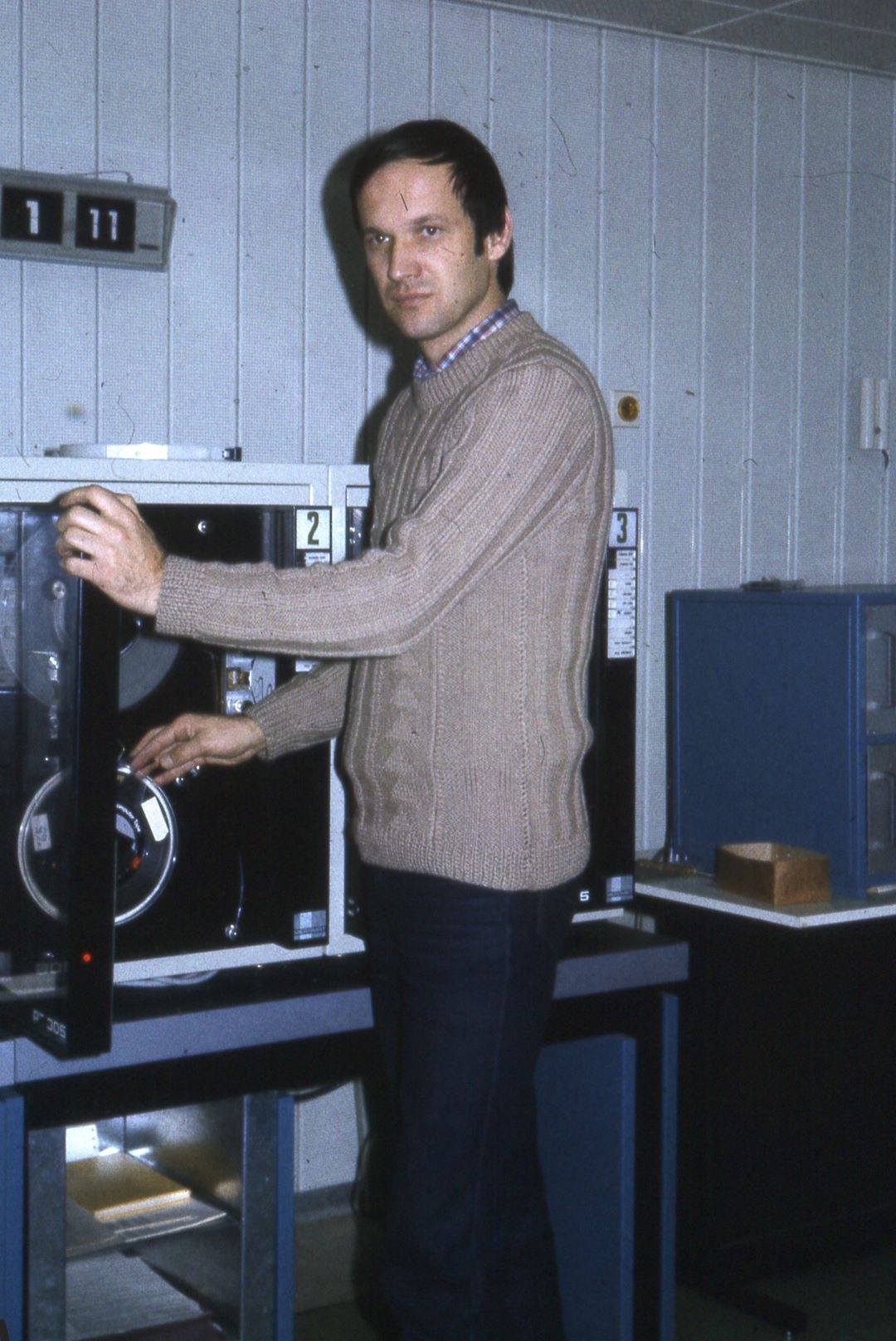I programmed the first computers in Czechoslovakia. Today’s phone is a hundred times faster

Download image
Petr Král was born in Prague on 25 March 1947 to parents Eliška Králová and Josef Král. He grew up with his elder brother in Horní Počernice. He was fascinated by technology all his life. After completing primary school, he graduated from the secondary general high school and after graduation in 1965 he began his studies at the Faculty of Mathematics and Physics of Charles University, specialising in programming and computer technology. After his studies he joined Podnik výpočetní techniky (Computing Technology Enterprise) where he participated in programming the first mainframe computers in Czechoslovakia. He worked on calculations for the Statistical Office; among other things, he created a program to calculate the impact of emissions from power plants in the North Bohemian Region. He married in 1971 and had a daughter and a son with his wife. Later he also worked as the head of the computer centre at the Počerady power plant. After the Velvet Revolution, he started programming software for dictionaries and textbooks. Although retired, he is still interested in programming and technology. He lived in Horní Počernice in 2023.



